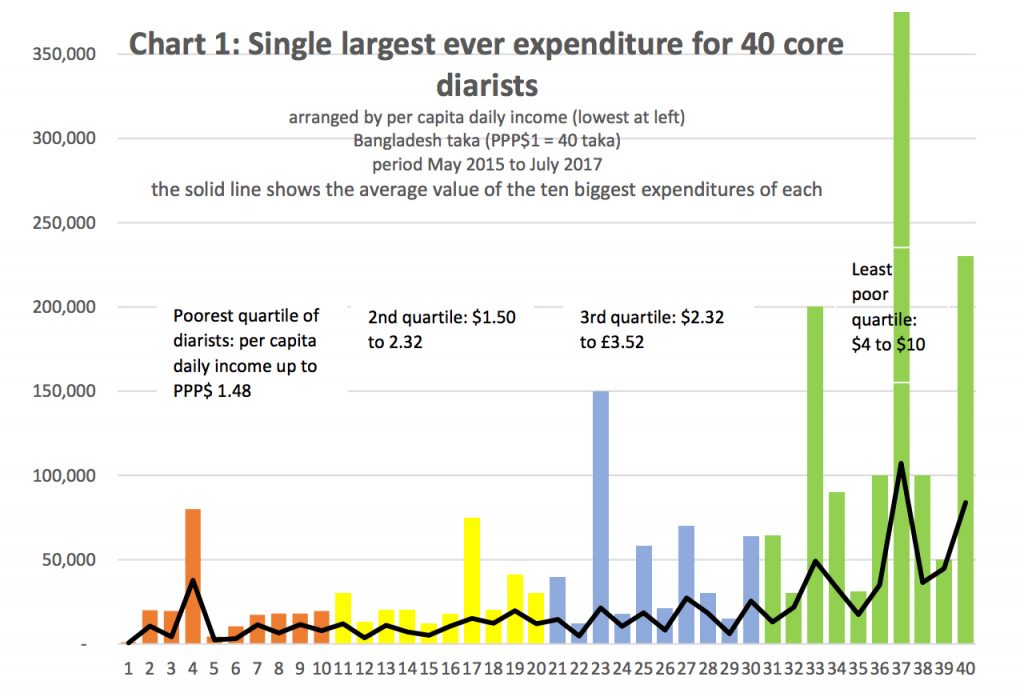
A chocoholic’s dream – National Chocolate Week at GDI
Dr Judith Krauss, Lecturer in Environment, Climate Change and Development, Global Development Institute
The UK’s National Chocolate Week is here! What a fabulous invention for all those of us who love cocoa and chocolate – which, at least based on my non-representative PhD research on cocoa sustainability, is close to 100% of the population. As we at the Global Development Institute also love chocolate, we will be celebrating this awareness-raising week in various ways – watch this space! One example is this blog post, which is to draw your attention to two interrelated recent developments causing chocolate lovers some concern.
The first concern is the future of Fairtrade chocolate. As many UK residents will be aware, Cadbury took the decision at the end of 2016 to move its sustainability focus away from Fairtrade certification: it has shifted towards the “Fairtrade Cocoa Program” as part of its parent company Mondeléz’s broader Cocoa Life initiative. As Cadbury Dairy Milk acquiring Fairtrade certification was considered a milestone for Fairtrade chocolate in the UK, this and other similar moves in the cocoa-chocolate sector raise important questions both for the future of Fairtrade and the future of cocoa sustainability. read more…

GDI Lecture Series: urban development and inequalities with Prof Diana Mitlin
On Wednesday, 4 Octobe, Prof Diana Mitlin gave a lecture entitled ‘Addressing shelter inequalities: Lessons from urban India’. You can watch the live stream below
Note: This article gives the views of the author/academic featured and does not represent the views of the Global Development Institute as a whole.
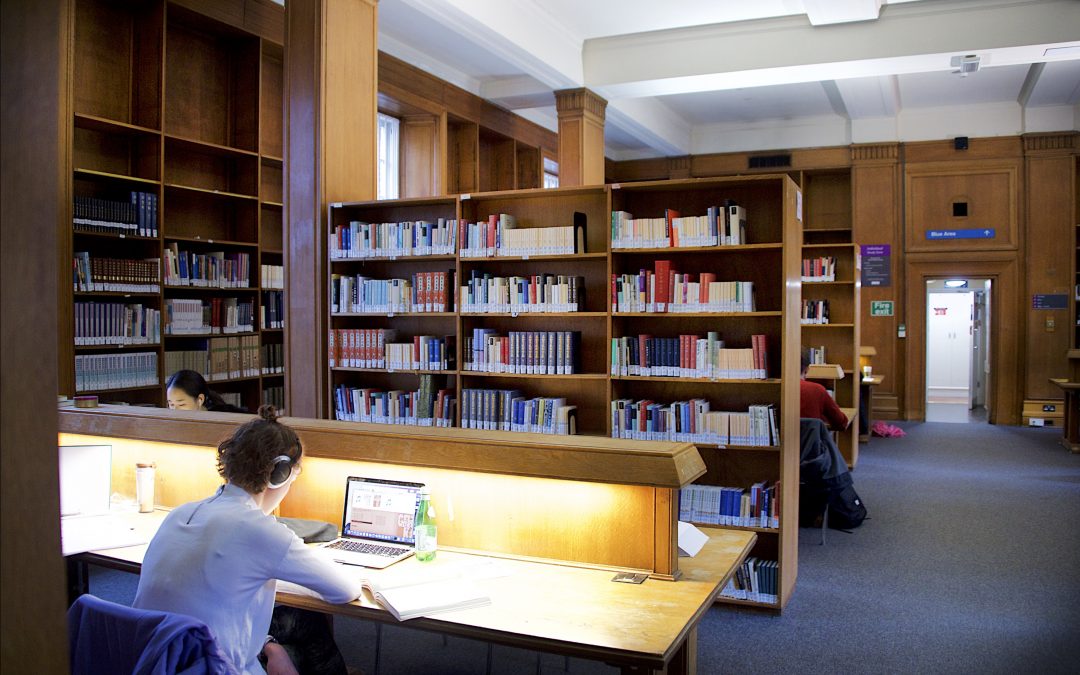
Writing about Africa – in defence of more journalistic inspiration for academic writing
Dr Tanja Müller, Global Development Institute
In a contribution for a book on Africa’s media image in the 21st century, Michela Wrong provides a strong defence of Western journalists writing about Africa. One of her expertly made arguments concerns the different roles academics and journalists may have – one concerned with all possible nuances, the other to sum up those complexities in a shorthand headline or story that readers without that nuanced knowledge can understand. Some complexity might get lost in the latter, but that does not necessarily mean a simplistic picture (certainly not when the journalist is skilled in his or her profession).
Yes, there is also the commercial pressure to see stories of suffering and horror in particular out of Africa published, but journalists like Michela and, it should be emphasised, many of the local journalists on the African continent, at least if they live in countries with a lively media scene, do an excellent job in combining what I will call ‘good-enough nuance and detail’.
When reading Michela’s piece, something else crossed my mind – and as a former journalist turned academic (albeit of feature stories and working with a freedom then that would let me starve today), this is something I feel I am in a unique position to comment on: Often, when taking a ‘journalistic approach’ to academic inquiry, at least in the social sciences, one gets it right. This may start with uncovering a story or a theme by accident, and as an academic one might in this day and age write a preliminary blog on it. The next step might then be to conduct more in-depth research, maybe apply for a research grant big or small, depending on what the issue in question may be. Three years or so later, a nuanced piece of research might have emerged that not only comprehensively engages with all that was written before, but provides new empirical evidence and/or theoretical insights . A number of articles will be published in so-called high impact academic journals usually behind a pay-wall – unless ‘gold-access’ can be paid for with said research grant, and new blogs will be written in order to advertise those and communicate at least some of main findings to the wider world (not least to those without access to academic journals). read more…

When poor households spend big
By Stuart Rutherford, Honorary Research Fellow at Global Development Institute
In an earlier article in this series about the findings of a daily ‘financial diary’ research project in Bangladesh, we looked at the spending patterns of households (“What do poor households spend their money on?”). Here, we zoom in on their biggest expenditures, using daily data for 40 ‘core’ diarists for the period from mid May 2015 to end July 2017.
We begin with a chart that sets out, for each diarist, their single biggest expenditure during the whole of the time we have been tracking them.
As a way of checking how unusual these biggest-of-all expenditures are for the households, we show the average value of their ten biggest expenditures: in some cases (17, 23, 33 and 37 notably) we see that the biggest ever expenditure was several times bigger than other big expenditures they made. read more…

The fiscal implications of hurricane strikes in the Caribbean
By Osman Ouattara, Global Development Institute; Eric Strobl, École Polytechnique; Jan Vermeiren, Kinetic Analysis Corporation and Stacia Yearwood, Caribbean Catastrophe Risk Insurance Facility.
This blog first appeared on the Global Development Institute blog in January 2016.
Worryingly losses associated with tropical storms have risen considerably over the last few decades and are currently estimated to be about $US 26 billion a year. Moreover, some predict that the intensity of these phenomena may increase with climate change. In this regard, arguably the small disaster prone island economies in the Caribbean are particularly vulnerable, as their limited budgetary capacity prevents them from establishing sufficient financial reserves to absorb such potentially large negative shocks.
Added to this, their high level of debt restricts their ability to access credit in the aftermath of a natural disaster, while high transaction costs associated with the relatively small market restricts access to private catastrophe insurance covering potential losses. International aid also does not provide a solution since, when it comes, it is often too little and too late. read more…
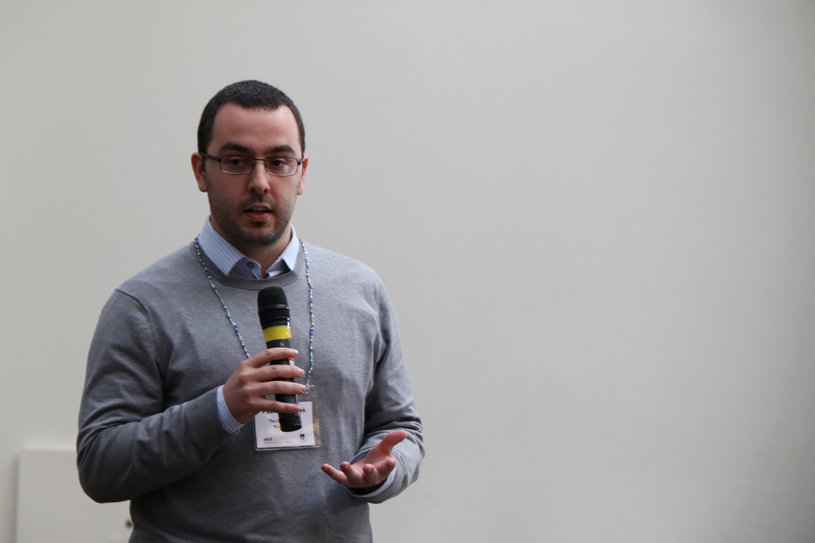
In Conversation: Dr Pablo Yanguas and Chris Jordan
Dr Pablo Yanguas, Research Associate at ESID, sat down with GDI’s Communications and Impact Manager Chris Jordan, to talk about the politics of aid and whether DFID fund Obamacare if the US was a developing country. They also chat about Trump, the Daily Mail, internationalism, pedagogy of aid, political courage, and of course Dr Yanguas’s upcoming book, Why We Lie About Aid.
read more…
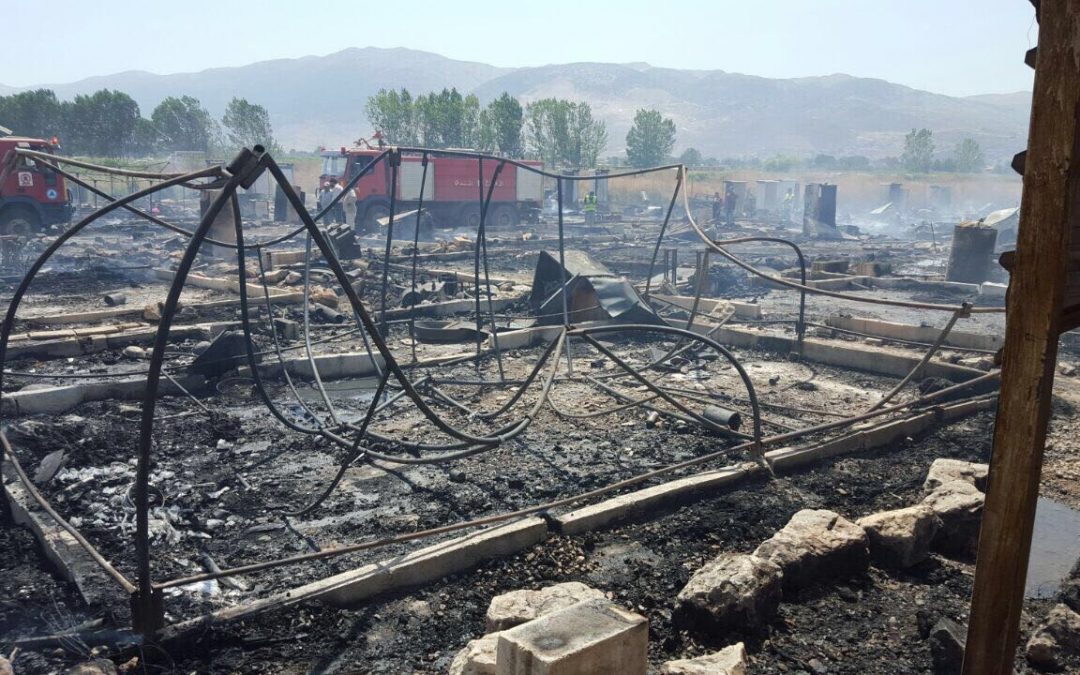
Operation Florian in Lebanon: gendering fire risk among refugees
Dr Helen Underhill, Global Development Institute, University of Manchester
In July, I accompanied Operation Florian – volunteers from the UK Fire and Rescue Services and affiliated to UK Fire Aid – to Lebanon as part of their humanitarian response in informal settlements. Largely led and supported by Save the Children Lebanon, the trip focused on supporting local NGOs in the design and delivery of fire risk and prevention training to refugee communities living in camps (informal tented settlements – ITS) and substandard buildings (SSB) in the Bekaa Valley. Travelling shortly after the Grenfell Tower fire in London, I was reminded that, even in a country like the UK that has made huge progress in reducing the number of fires, it is the most vulnerable within our communities that still face the greatest risk. The trip with the Operation Florian team demonstrated that the injustices of fire exist in even the smallest communities.
Upon arriving into Zahle, the town in which we would be based, the importance of highlighting fire risk and prevention within communities living in informal settlements became even more stark: whilst transiting the 45km from Beirut, a fire swept through one of the ITS, destroying all 102 tents and killing a two-year-old boy. The following day, a neighbouring ITS suffered a similar tragedy, with a six-year-old girl being killed when a tyre (used to weight the plastic sheeting in place) fell from the roof and trapped her in the burning structure. Having spoken with survivors of the first fire and learning of the importance of creating a fire break, the community leader had been able to limit the second fire’s path and it burnt down just 19 of the 120+ tents. Having already fled war in neighbouring Syria, the refugees in these two settlements face the challenge of, once more, having to build their lives. read more…
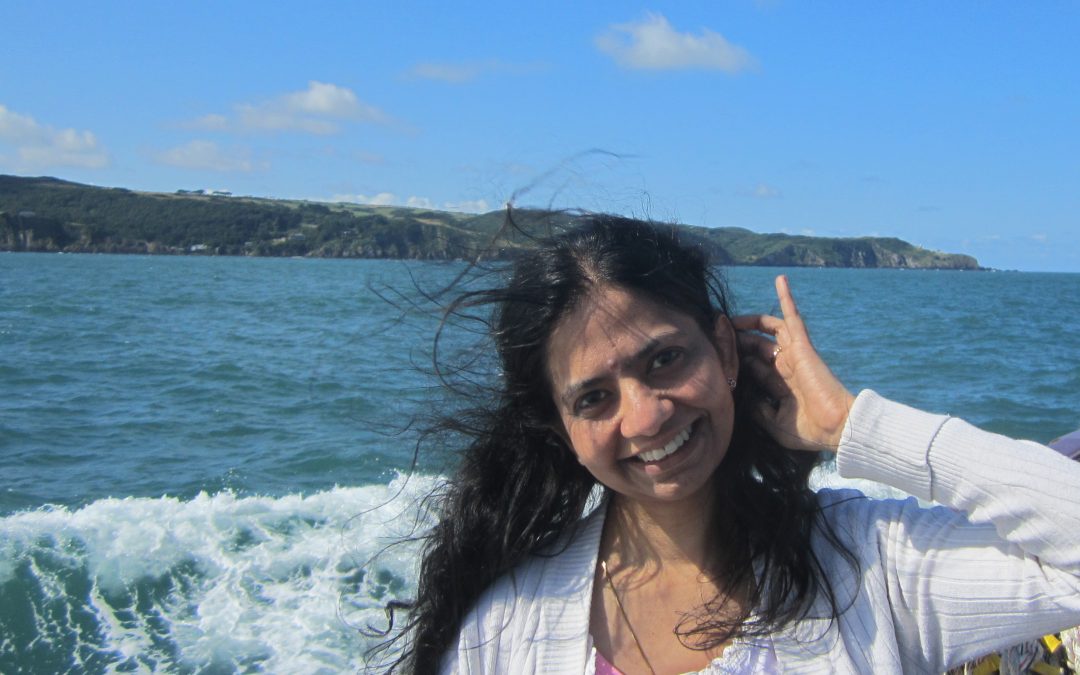
In loving memory of PP
Nobody wants to write an obituary about a dear friend, especially when they die young and unexpectedly. But sadly that’s exactly what this is. Purnima Purohit, or just PP as friends of the PhD affectionately knew her, completed her PhD in GDI between 2009-2013. She was a character, and a very popular character within GDI and the ‘Arthur Lewis PhD crowd’ and beyond! Tragically, she suffered a sudden and severe headache caused by a subarachnoid haemorrhage, and fell into a coma on August 5th. She lay there, surviving only on life support until her brother arrived from India, and had to make one of the most difficult decisions a person can face – to turn off the machines. On Monday August 14th the doctors said there was “no hope” and she took her last breath. Her funeral took place in Glasgow on Monday August 21st and many of her PhD friends travelled there to say farewell.
Some of us who became friends with PP during the PhD would like to share a handful of our memories about this fantastic woman.

The principled PhD?
Judith Krauss, is an Honorary Research Fellow at the Global Development Institute. She is now Director of Studies for Sustainability.
Judith’s PhD used in-depth fieldwork in Europe and Latin America to investigate cocoa sustainability initiatives and the environment, incorporating voices from cocoa producers via civil society to consumers and companies. In this blog she offers her tips to those studying for their PhD.
After I passed my PhD defence in March 2016 (thank you God), friends in earlier PhD stages jokingly tried to see if I could somehow rub off on them. This is the hope of this post – sharing some thoughts on (surviving) the journey. Naturally my PhD principles are specific to my department, the Global Development Institute and discipline of development studies, but I nevertheless hope some observations will be useful to everyone on a PhD journey.
Work on your supervisor relationship(s)
There is a fundamental asymmetry worth recognising: whereas you work almost exclusively on your thesis, your supervisors will have several candidates to supervise, research to conduct, students to teach, books to write, etc. You are entitled to supervision, but try to be respectful of supervisors’ time: meet deadlines, negotiate when they will have time to read your work, both of which is in your own interest.
Clarify your relationship from the outset – what are the terms of engagement with primary/secondary supervisors? This may also involve telling your supervisors what kind of supervision you need from them. To relate across all differences in personalities and background, having continuous, open conversations from the beginning are crucial. read more…
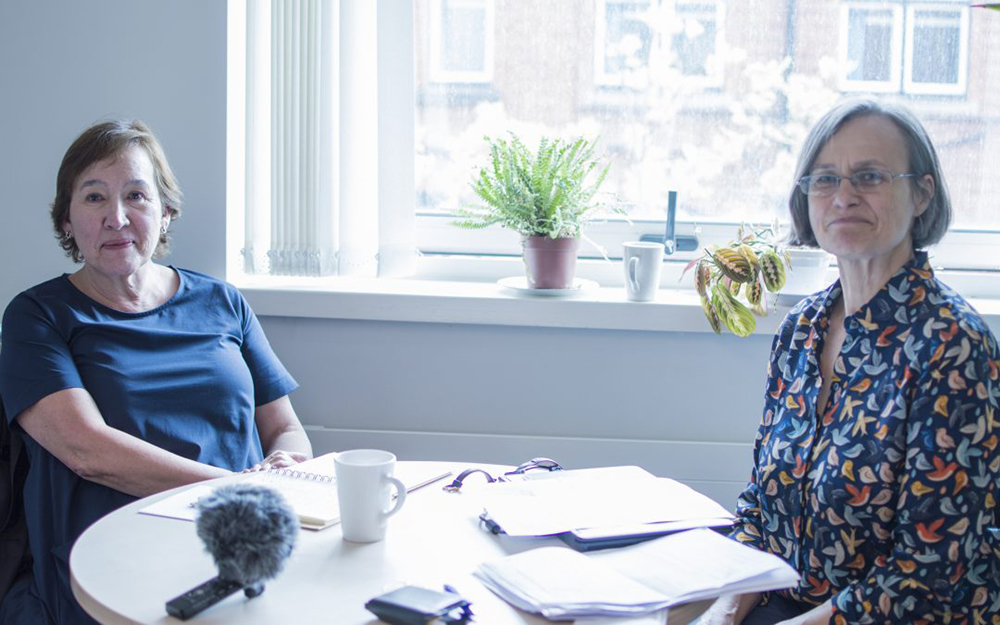
In Conversation: Dr Mercedes González de la Rocha and Prof Diana Mitlin
In this episode, Prof Diana Mitlin, Managing Director of GDI, and Dr Mercedes González de la Rocha, an anthropologist and sociologist at CIESAS and an alumna of the University of Manchester, discuss inequalities, clustered disadvantages, urban social isolation, why Dr González de la Rocha loves Immanuel Wallerstein’s definition of income. They also discuss Dr González de la Rocha’s research on poverty and vulnerability in Mexico, including the ten-year research project she led to evaluate the impact of Mexico’s conditional cash transfer programme Oportunidades (now called Prospera).
read more…

